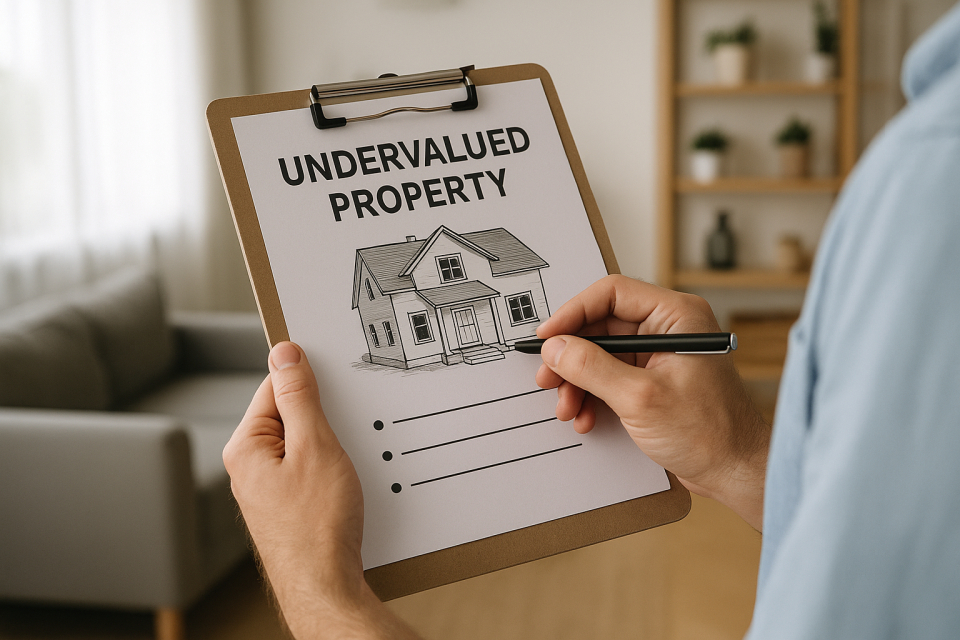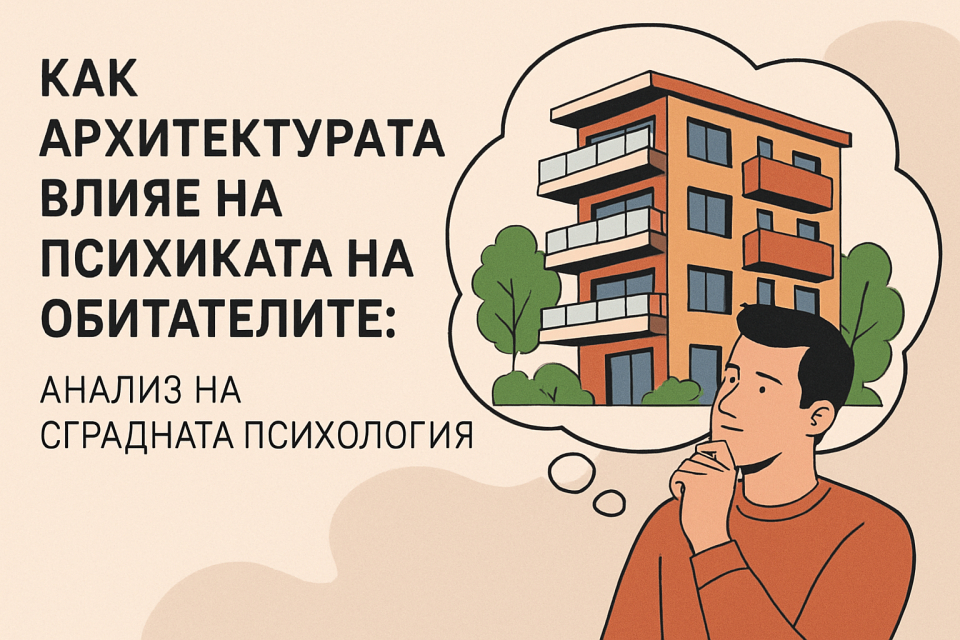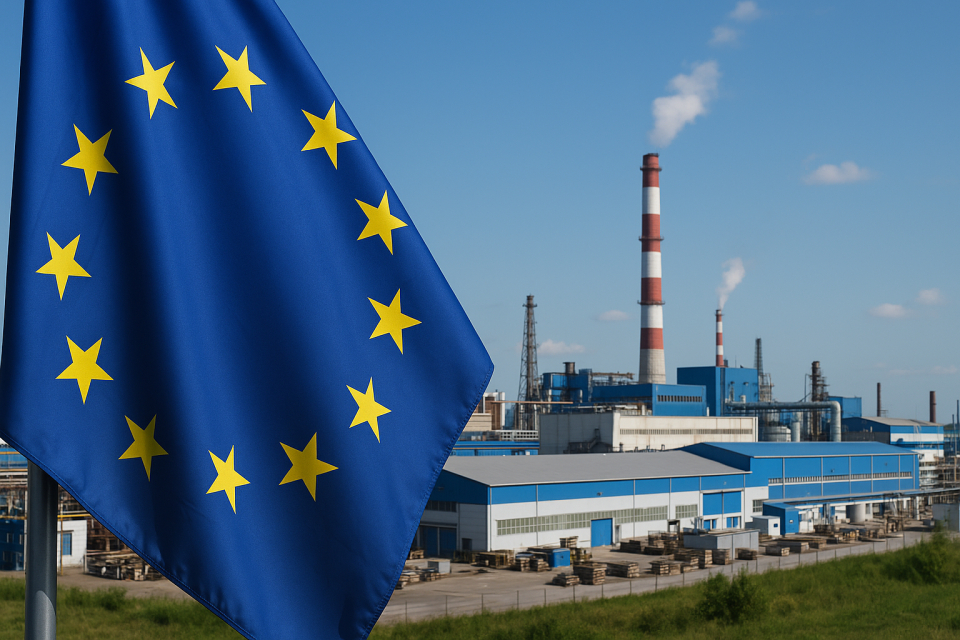In 2024, the real estate sector in Bulgaria experienced significant transformations, partly dictated by the economic realities in Europe and new policies introduced at the national and local levels. Among them, the most notable were the changes in property taxation and the introduction of new fees and taxes, which affected both individuals and legal entities operating in the field of property and construction. Although some of these changes were discussed and expected as early as 2023, their real impact began to be felt only in 2024, when a number of legislative and regulatory acts came into force.
The changes affect a wide range of aspects: from the real estate tax, through the garbage fee, to the introduction of new regulations for "empty" or uninhabited homes, as well as new environmental taxes related to the energy performance of buildings. These measures aim not only to increase revenues in municipal budgets, but also to create more sustainable, energy-efficient and responsible behavior of owners.
At the national level, amendments to the Local Taxes and Fees Act (LTFA) came into force in January 2024, allowing municipalities to apply a more flexible tax policy on real estate. The fixed interval for determining the tax assessment was abolished, giving local authorities the authority to increase or decrease rates depending on economic activity and the specific needs of the respective territory. This led to significant differences between municipalities – while in smaller settlements the increase was symbolic (up to 10%), in Sofia, Varna and Plovdiv some categories of property were taxed with taxes up to 25% higher than the previous year.
Another important innovation was the possibility of higher taxation of “uninhabited” housing. According to the new changes, owners of properties that are not used or not rented out are required to declare the status of the property, and in the event of lack of use for more than 6 months of the year, an additional annual levy is charged, varying between 0.1% and 0.3% of the tax assessment. The aim of this measure is to limit the speculative retention of housing in large cities and to stimulate the active use of real estate.
The “household waste” fee has also undergone a major restructuring. For the first time in years, a “dynamic formula” was introduced in some municipalities to calculate its amount, based not only on the tax assessment or the area of the property, but also on the actual mass of waste generated, as evidenced by individual containers or containers with a chip. Although still in the pilot stage, this initiative was welcomed by civil and environmental organizations as part of efforts to introduce the “polluter pays” principle.
In view of climate goals and the green transformation, new environmental taxes linked to the energy efficiency of buildings were also introduced in 2024. Owners of buildings with energy efficiency below class "C" are required to pay an additional tax, the amount of which varies according to electricity and heat consumption. This measure aims to stimulate the renovation of the building stock, including through renovation and replacement programs.
Special attention deserves the changes introduced for luxury properties. For the first time, a definition of “luxury property” was adopted in the Law on Local Taxes and Fees – so-called “luxury properties” (over 200 sq m of living space, in central areas or with a market value of over 1.5 million leva) are subject to additional taxation through the so-called “solidarity tax”, aimed at contributing to social programs and infrastructure projects. The rate is between 0.2% and 0.5%, with the revenues going to a special municipal fund.
The corporate sector has also been affected by legislative changes. For legal entities that own properties intended for commercial or industrial activities, differentiated taxation was introduced in 2024, based not only on the area, but also on the energy performance of the buildings, the number of employees and the way the property is used. The aim is to encourage more rational use of assets and to direct business towards sustainable practices.
In addition to the above-described changes, some administrative fees related to the transfer and registration of property rights were also updated. Fees for notarial certification, registration in the property register and issuance of tax assessment certificates increased by an average of 10–15% depending on the location, in order to cover administrative costs and improve the digitalization of services.
The changes did not go unnoticed by the professional community. The Association of Property Owners in Bulgaria (ASIB), the Chamber of Builders and the Bulgarian Industrial Chamber expressed concern about the possible destabilization of the rental market, especially in the context of the already high prices of housing and services. As a result, measures were proposed to postpone some of the new levies for newly built properties or those that are in the process of being put into operation.
Internationally, the changes in Bulgaria reflect a general trend observed in a number of European countries. France, Germany and the Netherlands have also introduced mechanisms for taxation of uninhabited properties, and in Italy a special tax was imposed on “second homes” used seasonally. In this context, the Bulgarian measures are seen as part of a broader European framework aimed at regulating demand, combating speculation and ensuring sustainable development of urban areas.
2024 has proven to be a dynamic year for the transformation of real estate taxation in Bulgaria. Despite initial resistance and concerns from owners and businesses, the set goals of increasing efficiency, sustainable resource use and fair taxation are beginning to gain public acceptance. It remains to be seen how these measures will reflect on long-term trends in the sector and whether they will manage to strike a balance between public interest and economic reality.

Register for free to be the first to hear the news on imi.bg
Registration


